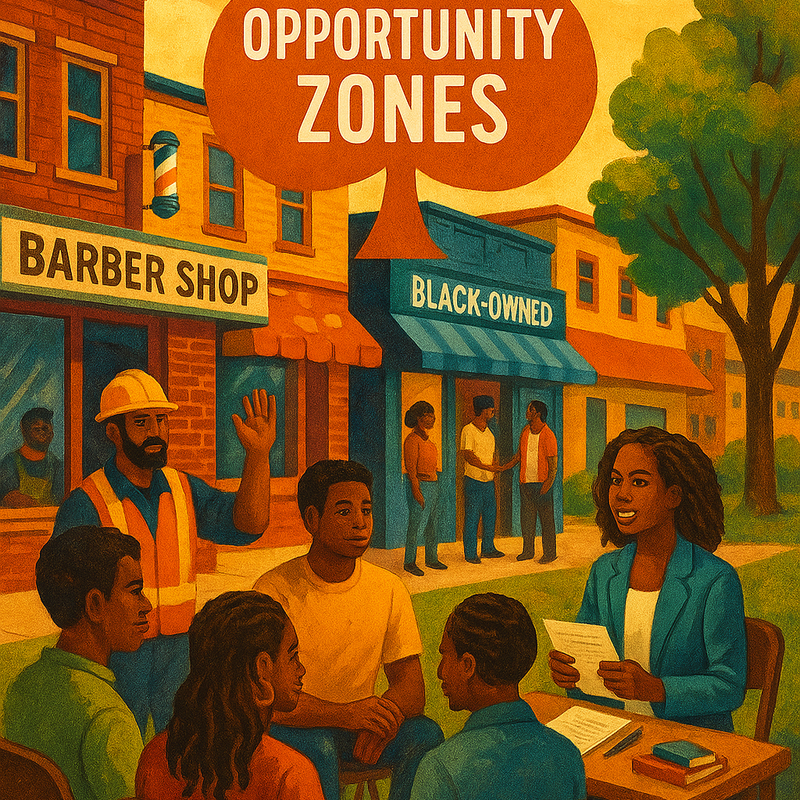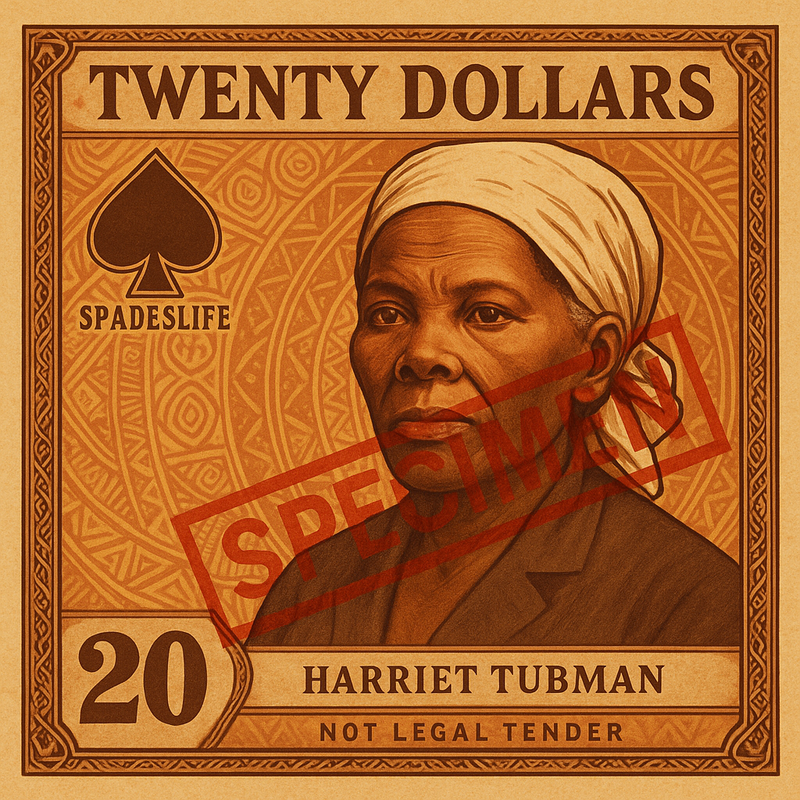Blogs

The Consumption Multiplier: Keeping the Black Dollar Local
The power of the Black dollar is not that it’s large but that it has the ability to circulate in communities. When dollars recirculate locally, the multiplier effect creates more jobs and services than one-off purchases. That is how neighborhoods build assets.

Opportunity Zones and the Missing Black Businessowners
Opportunity Zones promised to funnel long-term capital into neglected neighborhoods. The idea had potential. Too often execution favored large developers and absentee investment rather than local entrepreneurs. The result was headlines but limited local business transformation.

Stress, Racism, and the Wealth We’re Losing
Research shows that stress-related illness and burnout cost billions in lost productivity each year, and Black communities carry a disproportionate share of that burden. Meanwhile, companies that quietly roll back DEI initiatives in 2025 may think they’re saving money, but in reality, they’re losing out on innovation, loyalty, and growth. Diversity isn’t charity—it’s a competitive advantage.

Consumer Power Is Community Power
SpadesLife exists to remind us of this truth. By choosing to support one another, we rewrite the rules of wealth creation. Consumer power becomes community power, and community power becomes generational wealth.

Black Wealth Is Built One Transaction at a Time
It’s easy to underestimate the power of a single purchase—but when multiplied across a community, it becomes revolutionary. Every time a Black consumer buys from a Black-owned business, they’re doing more than supporting a vendor—they’re casting a vote for economic independence.

Stress, Racism, and the Wealth We’re Losing

The Black Dollar as a Shield in Uncertain Times
In an economy marked by rising costs and uneven recovery, the African American consumer remains one of the most influential forces in U.S. commerce. With over $1.8 trillion in annual spending power, our purchasing decisions can either strengthen or weaken our communities. Redirecting those dollars to Black-owned businesses turns everyday transactions into protective investments—funding local jobs, community programs, and entrepreneurial growth.
